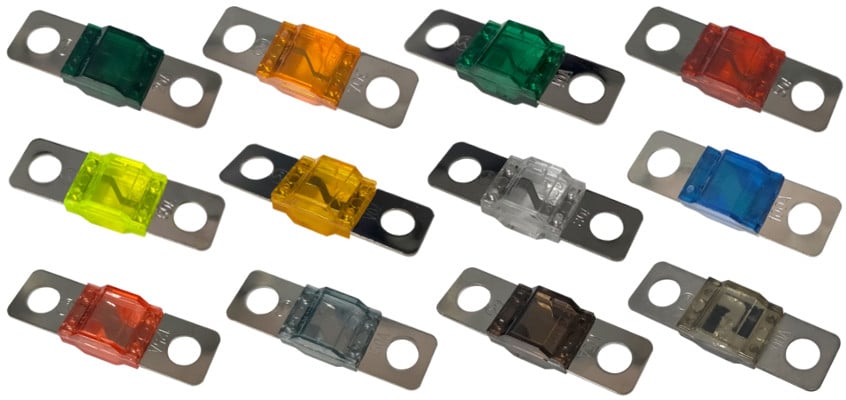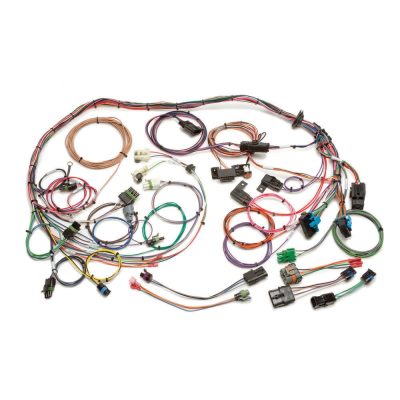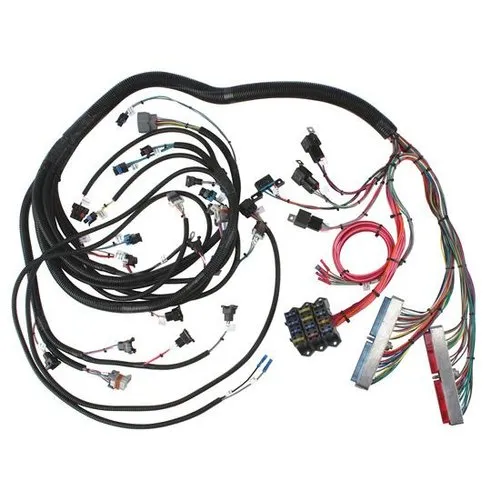Optimizing Thermal Stability for Auto Fuses in High-Temperature Engine Bays
News 2025-10-24
In the automotive industry, engine bays often reach extreme temperatures due to heat from combustion engines, exhaust systems, and electronic components. Auto fuses, essential for protecting circuits from overcurrent, must maintain thermal stability to prevent premature failure or inaccurate operation. This stability ensures reliable performance in harsh conditions, safeguarding vehicle safety and longevity. Understanding thermal stability involves examining how fuses resist heat-induced degradation while preserving their protective function.

Application Scenarios in Automotive Systems
High-temperature engine bays present unique challenges for auto fuses, commonly found in fuse panels near engines or in electric vehicle battery systems. For example, in internal combustion engines, fuses operate amidst temperatures exceeding 100°C, while hybrid and electric vehicles expose them to thermal cycles from battery cooling systems. These scenarios demand fuses that can handle both steady heat and rapid temperature fluctuations, ensuring consistent protection in diverse automotive applications such as power distribution and control modules.
Performance Advantages of Advanced Fuse Designs
Auto fuses with enhanced thermal stability offer key benefits, including prolonged service life and reduced risk of system failures. By using materials like high-melt alloys and ceramic housings, these fuses maintain precise melting points under heat stress, avoiding false activations. In practice, this leads to better energy efficiency and lower maintenance costs, as seen in heavy-duty vehicles where stable fuses prevent cascading failures. Such designs also support compliance with safety standards, enhancing overall vehicle reliability in demanding operational environments.
Common Questions
1. What defines thermal stability in auto fuses?
Thermal stability refers to a fuse’s ability to retain its electrical properties and structural integrity at elevated temperatures without degrading performance.
2. How do high temperatures affect fuse longevity?
Elevated temperatures can accelerate material wear, potentially shortening fuse life and increasing the likelihood of malfunction if not designed for thermal resilience.
3. Why is thermal stability critical in engine bays?
It ensures fuses provide accurate overcurrent protection, preventing electrical fires or component damage in the confined, heat-intensive space of an engine bay.


